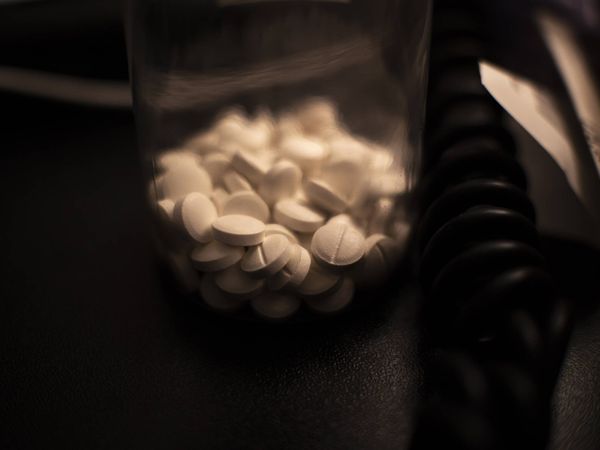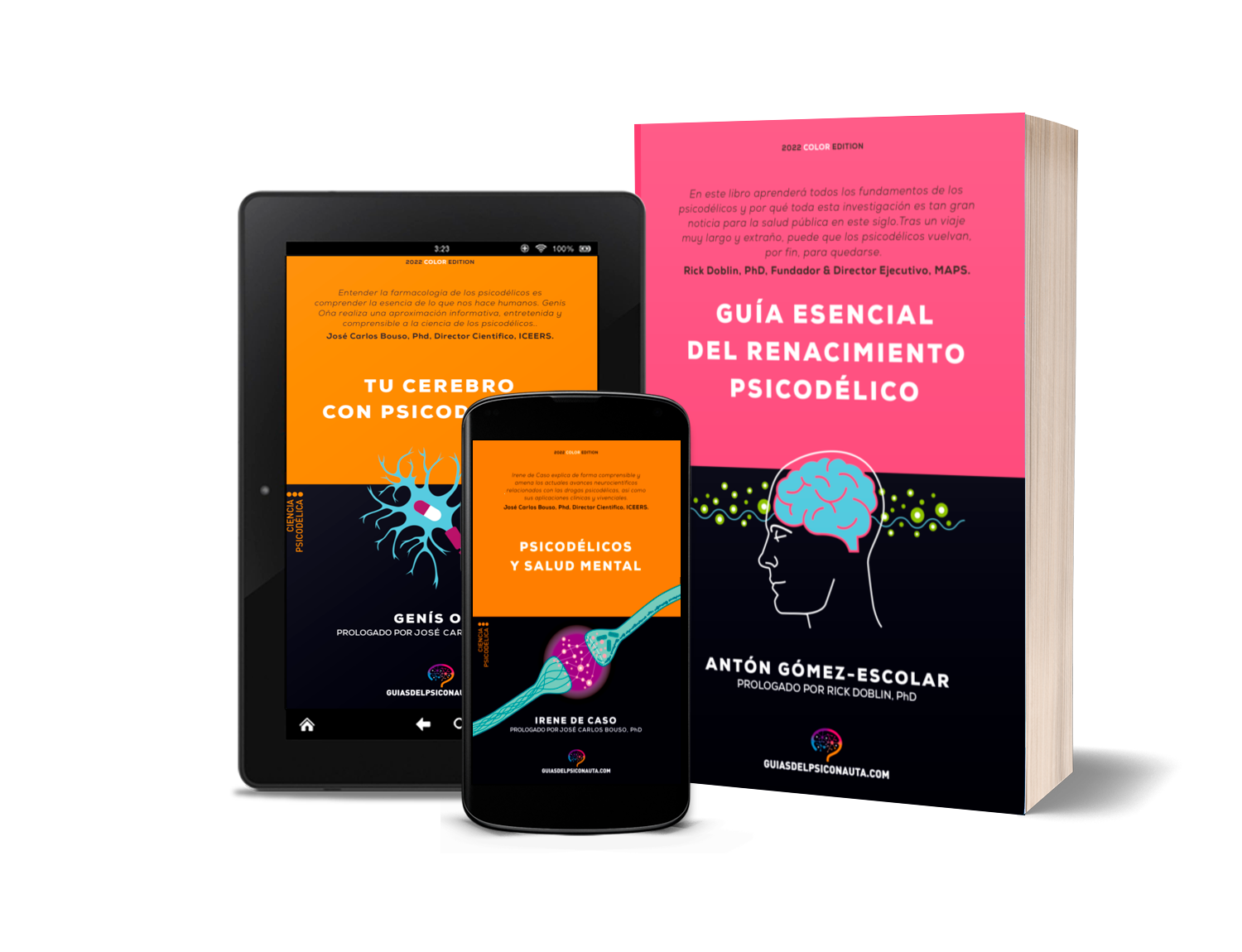By Gabriel García May 26, 2024
A recent phase 2 clinical trial has demonstrated the safety and efficacy of extended-release ketamine tablets for patients with depression resistant to other treatments. This breakthrough promises to revolutionise the treatment of major depressive disorder (MDD), a condition that affects nearly 40 million people in Europe and is a leading cause of disability worldwide.
A Persistent Problem
MDD can be devastating, with a 20 times higher risk of suicide compared to the general population. Current antidepressant treatments can take five to eight weeks to take effect, and approximately one third of patients do not respond to these treatments.
Treatment Innovation: Ketamine in Tablets
Researchers at the University of Otago, New Zealand, have published the results of their clinical trial in Nature Medicine, highlighting that ketamine in extended-release tablet form is an effective and well-tolerated option for treating treatment-resistant depression. Unlike intranasal or intravenous forms, the tablets are easier to administer and have fewer adverse effects, such as severe dissociation and cardiovascular problems.
Professor Paul Glue, lead author of the study, stresses that the highest dose of ketamine (180mg) showed a significant improvement in depressive symptoms compared to placebo. “This study demonstrates that extended-release ketamine tablets are safe and effective, with good tolerability and minimal side effects,” Glue said.

Experts Endorse Results
Paul Keedwell, a psychiatrist at the Royal College of Psychiatrists in the UK, believes that “this novel study further underlines the impressive antidepressant effect of ketamine in a much more convenient and acceptable form of a slow-release tablet”. Keedwell notes that more than 70% of patients who had failed to improve on at least four different antidepressants responded to oral ketamine, and more than 50% achieved complete remission, with side effects comparable to placebo.
Future Perspectives
The study also addresses the importance of sustaining improvement over the long term. Keedwell points out that while the results suggest continued benefits at higher doses, more research is needed to determine the ideal dosing regimen.
Rupert McShane, a consultant psychiatrist at Oxford Health NHS Trust, adds that “the place of ketamine in the treatment of resistant depression is unclear”. Although intravenous ketamine has been shown to be as effective as electroconvulsive therapy (ECT) without causing memory problems, it is expensive and inconvenient to administer. Nasal spray ketamine, although licensed, is not available on the NHS due to its high cost.
McShane concludes that the study results are promising and justify larger phase 3 trials to obtain a licence for the 180 mg twice-weekly dose. Given the potential for patients to take higher doses if they do not benefit from a single dose, regulators will need to consider the benefits and risks of these doses.
Conclusion
Research on extended-release tablet ketamine opens a new door for the treatment of resistant MDD, offering a potentially more effective and better tolerated option than current methods. With further studies and appropriate regulation, this treatment could become a valuable tool in the fight against depression.

If you are interested in learning more about this exciting world, we invite you to consult the Psychonaut’s Guides by Argonowta. These books will give you a broad and balanced view of psychedelics and their potential therapeutic effects. Remember, however, that these substances are not a panacea or a magic solution to all your problems. Their use requires professional guidance, an appropriate context and a responsible attitude. Psychedelics can be a powerful tool for personal change, but they can also be dangerous if used inappropriately or irresponsibly.
The Psychonaut’s Guides from Argonowta Publishing is a collection of books that explain in a rigorous and accessible way the scientific, historical, cultural and experiential aspects of psychedelic substances. These guides offer updated and contrasted information on the therapeutic and neuroscientific applications of psilocybin, LSD, DMT and MDMA, as well as practical advice on how to prepare, carry out and take advantage of psychedelic experiences. The Psychonaut’s Guides are a must-have reference for anyone interested in learning about the psychedelic renaissance that is transforming mental health and changing lives.





